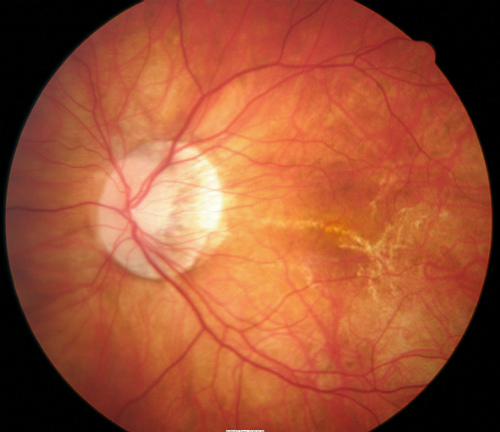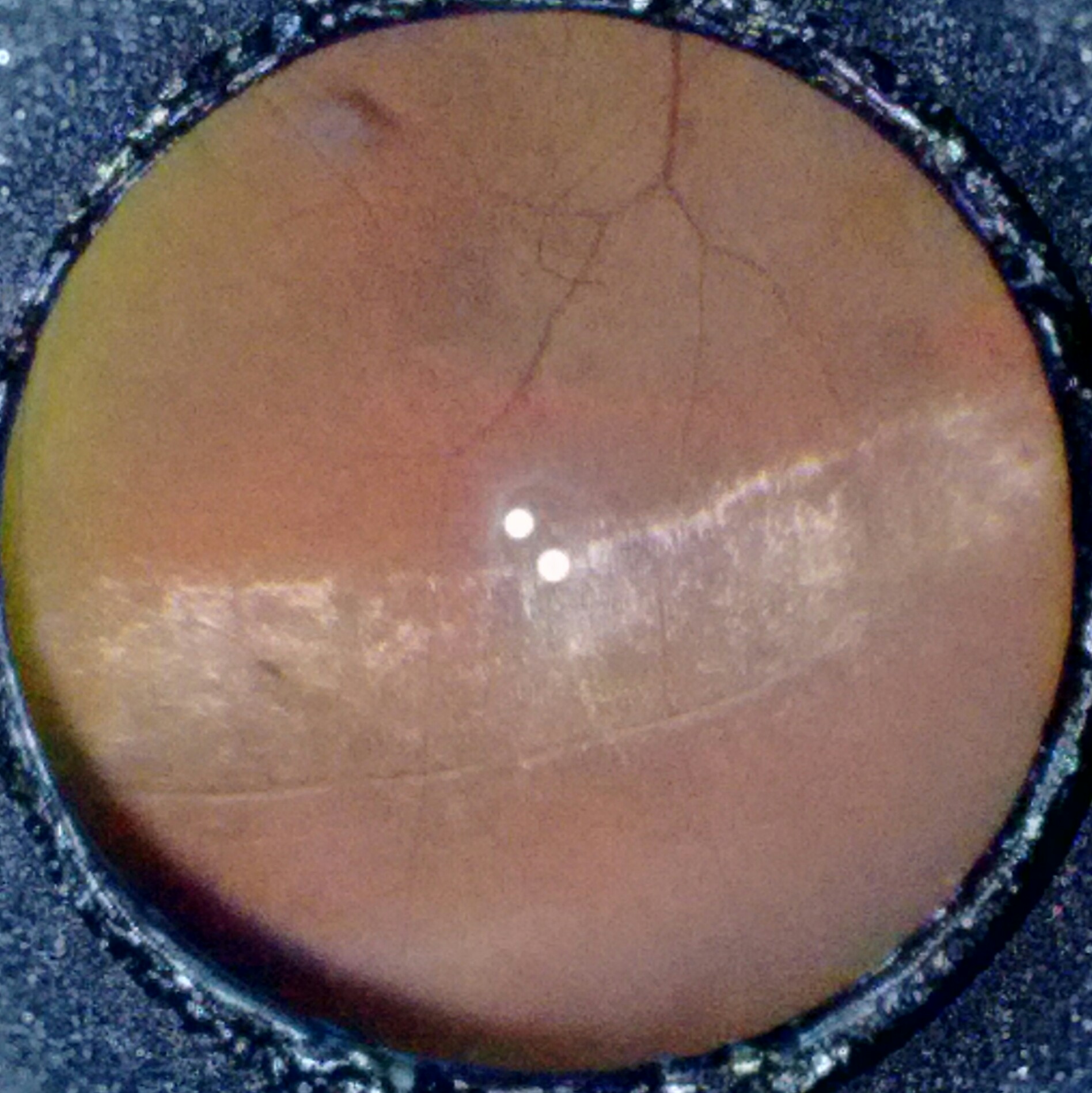
To learn more about lattice degeneration, please call or email Berks Eye Physicians & Surgeons today.Lattice degeneration is a congenital abnormality that involves abnormal thinning of the tissue that lines the back of the eye (peripheral retina). We will go over the pros and cons of every option and help you decide what is best for you and your vision. Vitrectomy, wherein we remove the eye’s vitreous to access and repair portions of the retina, is one option. In the event that lattice degeneration does lead to a retinal tear or detachment, we can repair it with several different types of treatment. Sometimes we use laser therapy or cryotherapy to strengthen the thinning retina and reduce the risk of a tear or detachment. The majority of patients with lattice degeneration do not experience complications. We will explain what to watch for and ask you to contact us promptly if you experience any troubling symptoms. If our team detects lattice degeneration, we will regularly monitor it with dilated eye exams to ensure it does not cause any complications. A slit lamp, or lighted microscope, is used to check for signs of lattice degeneration, including color changes, sometimes accompanied by pigment clumps and a crosshatching pattern of sclerotic (abnormal) blood vessels in the retina. When the pupils are dilated, the doctor has a clearer view of the retina and the surrounding structures at the back of the eye. Lattice degeneration is diagnosed with a dilated eye exam. Lattice degeneration cannot be prevented.

Stickler syndrome, Ehlers-Danlos syndrome or Marfan syndrome.You are more likely to get lattice degeneration if you have one or more of the following: Lattice Degeneration Risk FactorsĪpproximately 1 in 10 people have lattice degeneration. Lattice degeneration that has not caused complications can only be detected with a dilated eye examination. A dark curtain or veil that appears to obscure part of your visual field.Sudden onset of “floaters” – i.e., what appears to be objects floating around in your visual field.Frequent appearances of “flashes” – i.e., flashing or flickering lights in your visual field.

Blurry vision or significant changes in visual clarity.Signs to look out for include the following: Lattice degeneration itself does not cause noticeable symptoms or loss of vision, but complications from the condition (e.g., retinal tear, retinal detachment) can. If you experience symptoms that suggest a problem with your retina, we encourage you to contact us promptly so we can schedule an evaluation.

The team at Berks Eye Physicians & Surgeons takes your retinal health very seriously.

These problems can cause significant visual impairment and, if left untreated, even permanent vision loss. Rarely, lattice degeneration can increase the risk of retinal detachment, which is a separation of the retina from the underlying tissue. When the retinal tissue gets abnormally thin, it is more susceptible to tears and holes. It converts incoming light into electrical signals that are transmitted to the brain through the optic nerve. The retina is the light-sensitive tissue that lines the back wall of the eye. Lattice degeneration refers to an abnormal thinning of the peripheral retina.


 0 kommentar(er)
0 kommentar(er)
